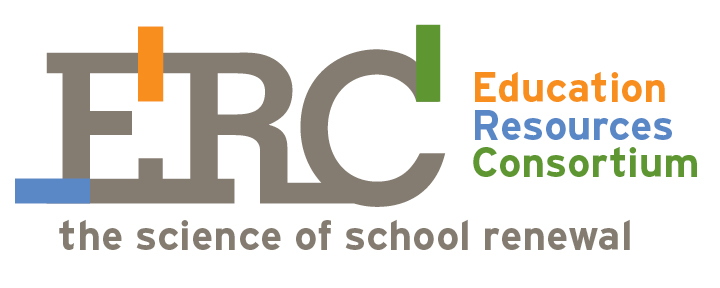National Research Council Study Reaffirms Limits of Testing,
Adds to Concerns Raised by Prior Study
The first major independent study of D.C. school reform has concluded that rising standardized test scores are of limited value in determining whether students are actually learning more, as reported last month by the Washington Post. The study from the National Research Council states that "Looking at test scores should be only a first step -- not an endpoint -- in considering questions about student achievement, or even more broadly, about student learning." The report is the first in a series of evaluations required by the 2007 law that placed the D.C. public schools under mayoral control. The report recognizes that the city has made "a good faith effort" to implement the Public Education Reform Amendment Act, but notes that determining the impact on student achievement will take further study. Researchers did conclude that the school department must develop a more sophisticated capacity to track individual students who move from traditional public schools to charter schools, or in some cases drop out of the system entirely. "In the meantime, naive aggregate comparison of test scores among race-ethnic groups in the District should be interpreted critically and cautiously," the study said.
See the report: http://www.nap.edu/catalog.php?record_id=13114
The NRC reports has further deepened concerned among educators who began to ring alarm bells concerning a government study released in November 2009 which found that problematic educational practices were occurring more frequently in high-poverty and high-minority schools across the country. That report, by the Government Accountability Office (GAO), was requested to examine teaching practices related to the No Child Left Behind education law and, in particular, techniques being used to prepare students to meet state standards and raise scores on state standardized tests.
One legislator expressed that the GAO report, “ reaffirms my concern that the No Child Left Behind Law’s one-size-fits-all approach and heavy focus on high-stakes testing is causing problems in schools, particularly schools that serve our most disadvantaged students. The study found that problematic teaching practices like teaching to the test and spending more time on test preparation are happening more frequently in high-poverty and high-minority schools, many of which already have less access to high-quality teachers and resources than more affluent schools.” Two key reforms were suggested by the legislative panel who reviewed the results of that GAO study: supporting the development of higher quality tests and ensuring students and schools are measured by more than test scores, but neither has been enacted.
Read the GAO report highlights at http://www.gao.gov/highlights/d1018high.pdf
